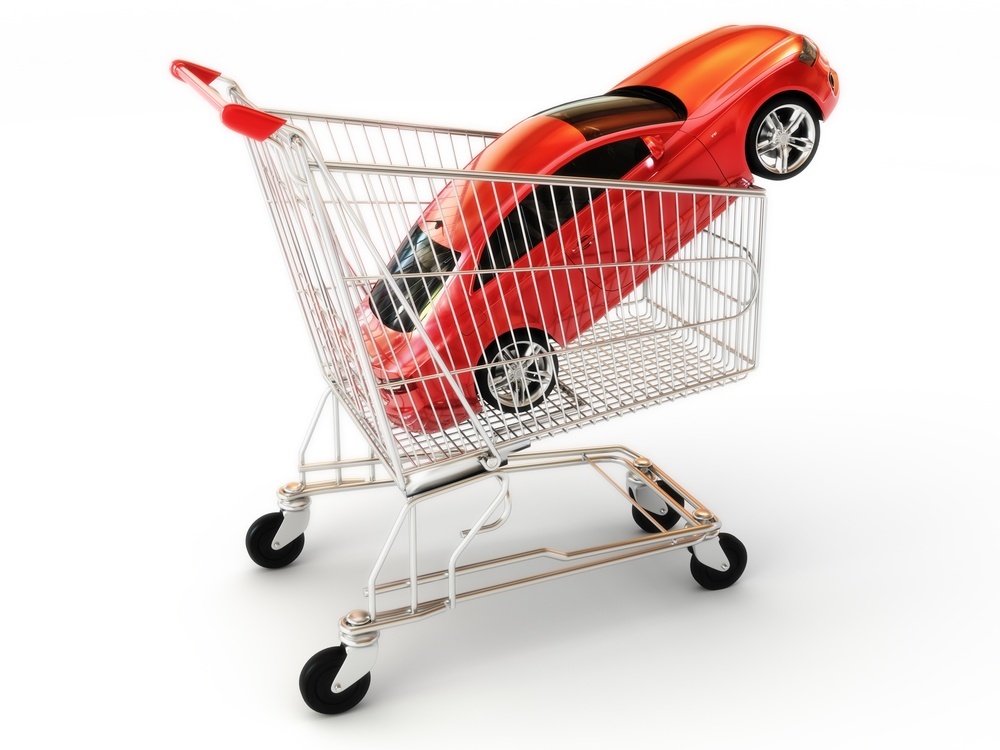Buying a car is always a reason to cheer. The cheer is a tad louder when it is the first car. Apart from the thrill of being able to finally own and drive a car, the buyer has a lot of questions rushing through his or her head. While everyone has their own unique reasons to buy a car, there are some common denominators that almost every prospective car buyer needs to consider before finalizing the car purchase. Let us look at some of the widely accepted common tips useful for a prospective first time car buyer.
New Versus Used Car:
New versus old is an age old dilemma faced by almost every first time car buyer. While there is no clear answer to the question, the answer depends on two basic factors for the car buyer. Firstly it is the finances and the individual budget of the buyer. Used cars are cheaper than new cars and now with banks and non banking financial companies offering car loans for pre used vehicles as well, buying a used car can be easier on the pocket. Second factor to contemplate is the ability to drive a car. If the prospective car owner is a learner and still learning driving, it is better to opt for a used car and migrate to a new vehicle once he has the confidence and the experience to drive through the busy city roads. A car being a depreciating investment, a practical thinker may feel that a new car at 6 lakhs is a dead investment than a second hand car of the same model at 3 lakhs. This is because the value of the car depreciates even if you use it for one year. However there is a cap for depreciation.
For example if you buy a new Hyundai i10 this year, you may have to shed Rs.5 lakhs, where as you can get a 2012 model i10 at 3lakhs. Moreover, if you are selling your new i10 after 2 years, you will get only 3 lakhs as the value of the vehicle depreciates. On the other hand if you sell the 2012 model i10 after 2 years you may get Rs.2-2.5 lakhs.
Depreciation in case of new car=5 lakhs – 3 lakhs=2 lakhs
Depreciation in case of 2012 model=3 lakhs – 2 lakhs=1 lakh
So you save Rs.2 lakh at the time of purchase and Rs.1 lakh at the time of selling if you buy an old car*.
Focus on Fuel Efficiency:
Indian car owners are often obsessed with fuel efficiency of their cars and with good reason. The constant rise in fuel prices over the years has meant that cars with lower fuel efficiency remain popular with the consumers even if they come with a cheaper price. Since fuel price pinches the car owner each month, buyers do not mind paying a little extra upfront for an expensive vehicle for greater fuel efficiency. Make sure to check the on road fuel efficiency of shortlisted car models not as offered by the company, but in city’s traffic condition and choose the one offering the best value for money.This is because most companies mention the fuel efficiency at ideal road conditions and not based on city drives.
Keep an Eye on the Resale Value:
Some cars have a better resale value than others owing to good fuel efficiency, superior engine and popularity of the brand concerned. Make sure to select a car which offers a decent resale value in case one has to sell the car due to any financial emergency or at a later stage to upgrade to a better car. Cars which offer easy availability of spares and superior engine usually command a higher resale value as the shelf life of the car’s engine is longer compared others.
Maintenance and Spare Part Availability:
Keep an eye on the overall maintenance costs and availability of spare parts. Imported cars that are now assembled in India still command a higher price point for their spares due to higher import duties. Indian manufacturers on the other hand offer cheaper spare parts which are easily available. Before short listing a car brand make sure to check the number of car dealers and the dealer network the brand has pan India.
Resolve Petrol or Diesel Dilemma:
Petrol versus diesel car is a dilemma faced by virtually every car buyer. The dilemma gets a tad more confusing for the first time car buyer. With a difference in petrol and diesel pricing reducing in recent times, the cost advantage commanded by diesel vehicles has come down substantially. While diesel engine technology has become advanced with time, a diesel car engine needs a tad higher maintenance compared to petrol engines. The final decision however depends on the usage of the owner. Long distance travelers or people travelling intercity frequently are better off buying a diesel engine car while users limiting their car usage within the city limits are better off purchasing a petrol variant. There is also a good reason to think beyond the conventional and opt for LPG or CNG enabled versions offering a better mileage and more cost effective running costs of the car.
*The example provided is just for illustrative purpose only. The rates may vary depending on the miles travelled, wear and tear and model

